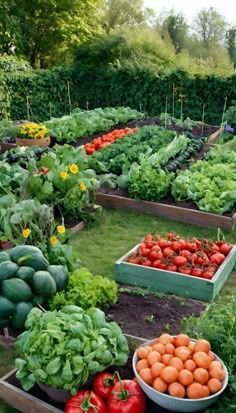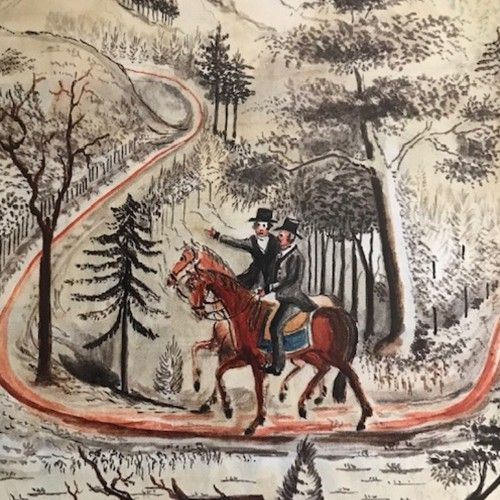Homily for Holy Thursday April 17, 2025
Hungry No More.
One of my favorite stories is about two brothers who worked together on the family farm. One was married and had a large family. The other was single. At the day’s end, the brothers shared everything equally, produce and profit.
Then one day the single brother said to himself, “It’s not right that we should share equally the produce and the profit. I’m alone and my needs are simple.” So each night he took a sack of grain form his bin and crept across the field between their houses, dumping it into his brother’s bin.
Meanwhile, the married brother said to himself, “It’s not right that we should share the produce and the profit equally. After all, I’m married and I have my wife and my children to look after me for years to come. My brother has no one, and no one to take care of his future.” So each night he took a sack of grain and dumped it into his single brother’s bin.
Both men were puzzled for years because their supply of grain never dwindled. Then one dark night the two brothers bumped into each other. Slowly it dawned on them what was happening. They dropped their sacks and embraced one another.
Tonight, we celebrate the institution of the holy Eucharist, the meal that Jesus left us, the Body and Blood he sacrificed for us, in a never-ending supply of self-giving. Besides the passages that deal with the Last Supper, we have other biblical stories that add to our understanding.
For example, in the Old Testament there is the story of the prophet Elijah who, during a severe drought, stayed with a poor widow and her son (Cf. 1 Kings 17:7-16). When he arrived, the holy man asked the widow for a drink of water and a small cake of bread. The woman told him that, because of the drought, her resources had run out. She was collecting some sticks to start a fire, bake one final loaf of bread, and then that was it: no more flour, no more oil. She and her son were facing the lot of many of the world’s poor: starvation and death.
But Elijah promised the widow that, if she shared what she had with him, she would never run out of either flour or oil. And, miraculously, that is what happened. In the sharing, and with God’s abundant blessings, she and her son, and the holy prophet were able to live for a long time. God can take the little we have and, when it is shared in love, the love is multiplied.
We find the same idea in the New Testament story about Jesus’ miraculous feeding of thousands of people (Cf. Matt 14:13-21)—a kind of preview of what he would do in the Eucharist. It had been a long day of preaching and teaching, and the crowd was famished. After doing an inventory, they found a young boy had come with a small amount of bread and fish. Jesus took those meager gifts, blessed them, and the crowd of thousands of people were fed until they were full. There were even twelve baskets of crumbs left over.
In the Acts of the Apostles, where we find stories about the early Christian community, we find the story of a believer who owned a farm (Cf. Acts 4:32-37). In a spirit of generosity, he sold the farm and gave the proceeds to the Apostles, who then used what he gave as a resource so that there was enough for everyone. No one went hungry—all because they followed the pattern of what we celebrate in the Eucharist—a total, complete and loving giving of self.
You see, the Eucharist is not meant to be just a ritual to be carried out in a pious manner—although it is that. But there’s so much more. It’s meant to be a pattern for our very being. Like the two brothers, life is blessed in the giving, not in the hoarding. Love shared is love multiplied. If we follow God’s pattern, which we commemorate tonight, we’ll not run out of what we need.
But if we get scared and think only of ourselves, afraid that what we have will run out, that’s when life becomes sterile. It adds and adds material things, but it never multiplies love, which, by definition, is not about self. It’s in the sharing that all are fed. It’s in the giving, symbolized by the crucifix, giving with the last drop of blood, giving with the last ounce of devotion, that ensures that we’ll never run out. Like God, we love each other too much to let that happen. We are fed a whole way of life: it is in giving that we receive, and in dying to a self-centered life that we are hungry no more.




